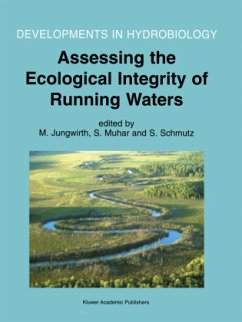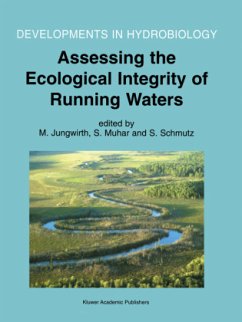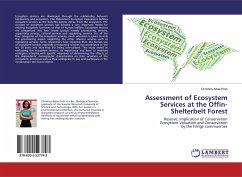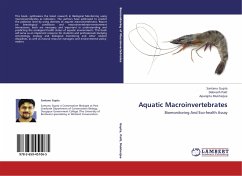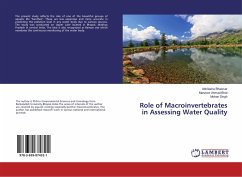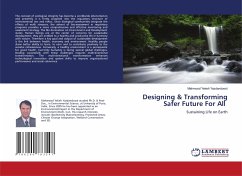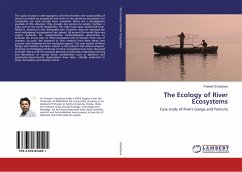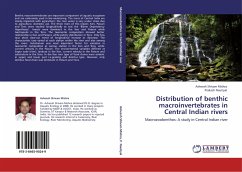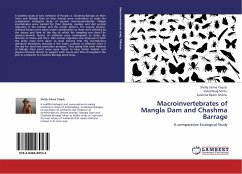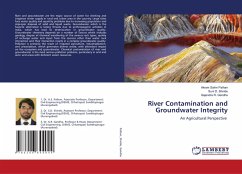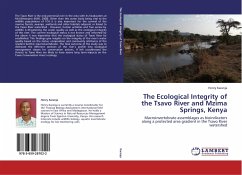
The Ecological Integrity of the Tsavo River and Mzima Springs, Kenya
Macroinvertebrate assemblages as bioindicators along a protected area gradient in the Tsavo River watershed
Versandkostenfrei!
Versandfertig in 6-10 Tagen
32,99 €
inkl. MwSt.

PAYBACK Punkte
16 °P sammeln!
The Tsavo River is the only perennial river in the area with its headwaters at Mt.Kilimanjaro (KWS, 2008). Other than this water body being vital to the wildlife populations of TCA it is also important for the survival of the riverine forests ,swamps ,wetlands and other habitats adjacent or linked to the Tsavo River watershed . However, human activities and free access by wildlife is threatening the water quality as well as the ecological integrity of this river. The current ecological status is not known and informed by the above it was imperative that the ecological status of Tsavo River be ...
The Tsavo River is the only perennial river in the area with its headwaters at Mt.Kilimanjaro (KWS, 2008). Other than this water body being vital to the wildlife populations of TCA it is also important for the survival of the riverine forests ,swamps ,wetlands and other habitats adjacent or linked to the Tsavo River watershed . However, human activities and free access by wildlife is threatening the water quality as well as the ecological integrity of this river. The current ecological status is not known and informed by the above it was imperative that the ecological status of Tsavo River be established. The findings give insights on the integrity of the river's water quality based on the status, composition and community attributes of the resident benthic macroinvertebrate. The final outcome of the study was to delineate the different sections of the river's profile into ecological management classes for conservation actions. If left unaddressed the threats to Tsavo River are likely to have severe long term impacts on the Tsavo Conservation Area's ecology.



